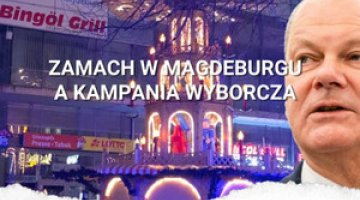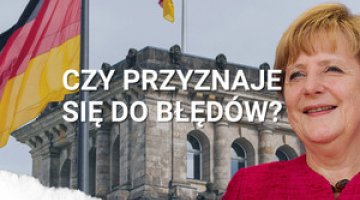Russian scenarios: Moscow on the inauguration of President Zelensky
Following the inauguration of the president of Ukraine, Volodymyr Zelensky, the Kremlin’s spokesman Dmitry Peskov announced that President Vladimir Putin would not congratulate Zelensky on his inauguration but would do so when he records the first successes in settling the ‘internal conflict in south-eastern Ukraine’ and in normalising relations with Russia. The head of the Russian Ministry of Foreign Affairs, Sergey Lavrov, responded positively to the proposal Zelensky had expressed for the exchange of prisoners of war. Lavrov also noted that Zelensky did not attempt to deepen the social rift over language and called for a similar attitude on religion. A similar opinion was voiced by Kirill, the Primate of the Russian Orthodox Church, who observed that the election of Zelensky proved the Ukrainian nation did not accept political speculations regarding issues linked to religion. Several representatives of Russia’s State Duma and the Council of the Federation called on Zelensky not to repeat Poroshenko’s ‘mistakes’ with regard to the tightening of sanctions on Russia. Among them, the Chairman of the Committee on International Affairs of the Council of the Federation, Konstantin Kosachev contended that Zelensky had the opportunity to bring about a rapprochement and make history if he ‘stops the war against his own nation’. Russia’s representative in the Trilateral Contact Group on Donbas, Boris Gryzlov expressed his conviction that even in the current transitional period, the new president of Ukraine is able to use his prerogatives to bring about a cease fire and halt the armed provocations by the Ukrainian armed forces. The leader of Chechnya, Ramzan Kadyrov said that Zelensky’s declarations regarding the regaining of Crimea were disappointing and written ‘across the ocean’ since Crimea had been and would always be a ‘component part of Russia’.
Commentary
- The majority of Russian politicians and administration officials who are involved in Russia’s policy on Ukraine have commented extensively on Zelensky’s inauguration. Most of the reactions were cool in tone, sometimes formulated in a blunt manner. They also included declarations of the expectations of the Russian government regarding Zelensky. The positive evaluation of the inauguration featured in the commentaries presented suggestions regarding the directions Zelensky should take next.
- Russia is aware that the parliamentary elections in Ukraine will be vital since they will lead to President Zelensky acquiring the tools necessary to implement his political agenda. In this regard, Moscow has decided to wait, while trying to weaken Zelensky’s position. It has achieved this mainly by declaring its willingness to engage in dialogue and to make certain gestures (e.g. to release prisoners of war), while dictating conditions for possible agreements which are difficult to accept and potentially humiliating (see below). During his election campaign, Zelensky’s declared priorities were: pragmatism, being prepared to open dialogue with Russia, and considering the exchange of prisoners of war and subsequently ending the war in the Donbas. This has clearly given Moscow hope that it will be able to implement one of the two scenarios which will be of advantage to the Russian government.
- According to the first scenario, President Zelensky will be willing to grant political concessions to Moscow in order to end the conflict, yielding under the pressure of the expectations in society. Possible concessions could include: the legitimisation of pro-Russian separatists in the Donbas by entering direct political talks with them; resuming economic support for the occupied part of the Donbas (which would reduce Russia’s costs of occupying it); and granting limited autonomy to the Donbas (possibly within a wider decentralisation of the country which Russia has long been calling for in order to weaken Ukraine). These measures would lead to protests from more principled political forces and a section of society. This would further deepen divisions in Ukraine, which would be in line with Russia’s interests. The likelihood of this scenario has been strengthened by the newly appointed chief of staff of the president of Ukraine, Andriy Bohdan, who declared that there could be a nationwide referendum on reaching an agreement with Russia to end the war in the Donbas.
- According to the second scenario, President Zelensky will be forced to continue a principled policy regarding the conflict which Petro Poroshenko and the government of Volodymyr Groysman pursued if attempts to reach agreement with Moscow and the separatists end in failure (as is expected) and/or if there are negative reactions in Ukrainian society. He will thus disappoint an important section of Ukrainian society which expects a swift end to the conflict, and those (mainly in the east of the country) who opt for Ukraine to have a more pragmatic policy towards Russia. This scenario would also eliminate the risk (for Moscow) of Zelensky consolidating his substantial popularity in the Russian-speaking regions of southern and eastern Ukraine or even gaining it in the occupied territories of the Donbas or in Russia itself. The likelihood of this scenario may be partially reinforced by President Zelensky’s principled declarations in which he has said there would be no concessions made in order to end the conflict in the Donbas that would infringe on Ukraine’s territorial integrity.




